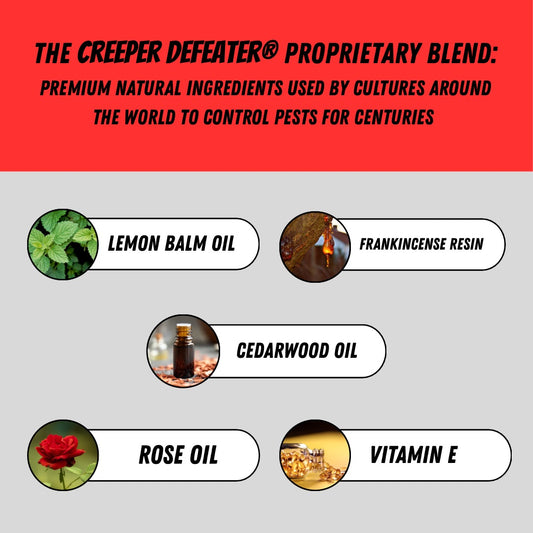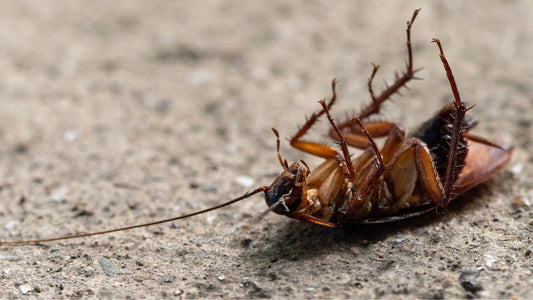
SCIENTIFIC STUDIES ON NATURAL PEST REPELLENTS - SAFE FOR PETS AND PEOPLE: 1) LEMON BALM (MELISSA OFFICINALIS) OIL AND 2) CEDARWOOD (CEDRUS) OIL
- Lemon Balm Oil Repellency Study (Journal of Agricultural Science and Technology, 2013):
In this comprehensive study, researchers aimed to elucidate the repellent activity of lemon balm essential oil, with a specific focus on its efficacy against mosquitoes. The investigation yielded promising evidence, underscoring the substantial effectiveness of lemon balm oil in deterring mosquitoes. The experimentation involved exposing mosquitoes to varying concentrations of lemon balm essential oil, revealing a noteworthy repellent effect. Higher concentrations exhibited heightened efficacy, establishing a correlation between concentration levels and mosquito deterrence.
The study delved into the intricate mechanisms underlying lemon balm oil's repellent properties. It was postulated that specific compounds within the oil played a pivotal role in disrupting the sensory perception of mosquitoes or impeding their attraction to hosts, thereby discouraging biting behavior. This nuanced exploration contributes to our understanding of the interactions between lemon balm oil and mosquitoes, reinforcing its potential as a botanical solution for mosquito control.
- Cedarwood Oil Repellency Study (Journal of Medical Entomology, 2014):
A study published in the "Journal of Medical Entomology" (2014) delved into the repellent effects of cedarwood oil. Through meticulous experimentation, researchers used ticks to conduct experiments to assess the efficacy of cedarwood as a deterrent.
The study found that cedarwood oil exhibited a robust and significant repellent activity. The results were dose-dependent, indicating that higher concentrations of cedarwood oil were more effective in repelling. The researchers also explored the potential mechanisms underlying the repellency, investigating whether cedarwood oil interfered with the sensory perception, feeding behavior, or other physiological aspects. While the exact mechanisms were not fully elucidated, the study provided compelling evidence of cedarwood oil's ability to disrupt normal behavior and activity.
These results demonstrated significant repellent effects, indicating that cedarwood oil has a notable impact on reducing activity. This study reinforces the traditional use of cedarwood oil as an effective natural solution for pest repellents, providing scientific validation to support its importance in pest control in both human and veterinary contexts.























































